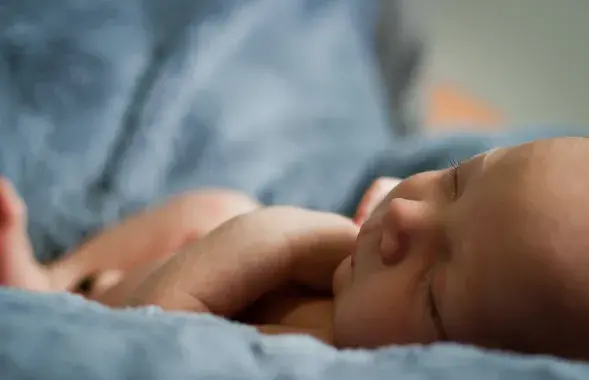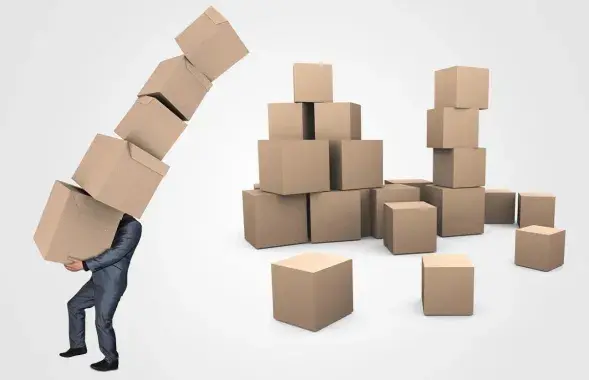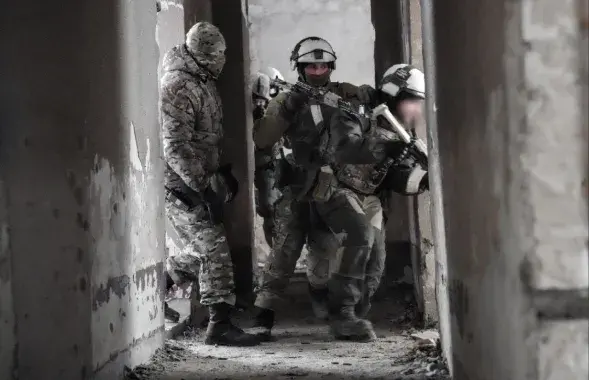How a cafe became a solace for people of Kyiv
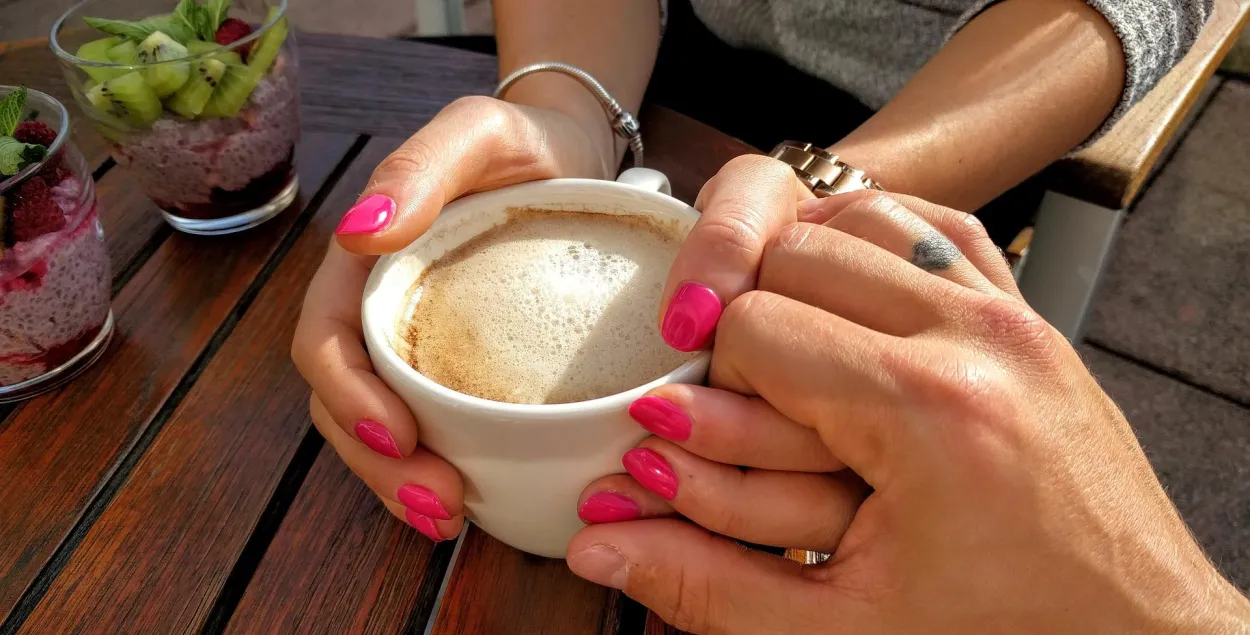
Early in the morning on February 24, Dmitriy went to open his cafe. And he never closed it since / pixabay
A coffee shop called iKava on the left shore of the Dnipro River is welcoming guests. Its owner Dmitriy didn't close even for a day. On the first day of the war, he woke up, read the news, and went out to work.
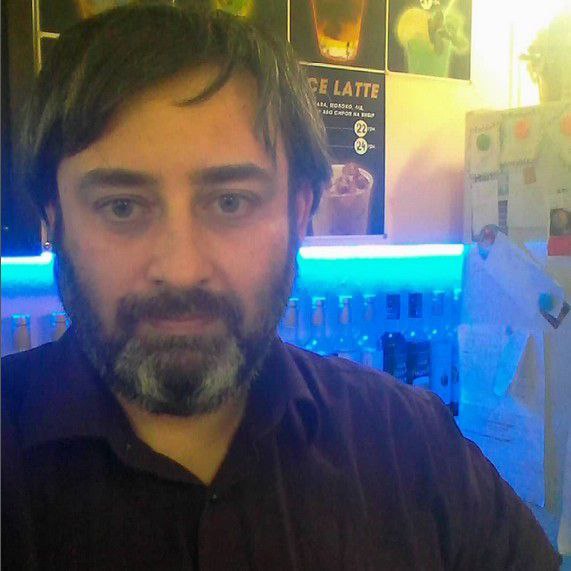
These days, the cafe is a hot spot for the folks from the neighborhood. Here they can discuss the war or reminisce about the old life where you could pop in for a cup of cappuccino while walking your dog in the mornings.
Getting a Snickers bar is a problem today, but the owners are still baking their trademark waffle cake, just like before the war. Dmitriy tells Euroradio what Kyiv residents discuss over a cup of coffee these days.
"Wake up, Dmitriy. It's a war."
We are having a call with Dmitriy at 9 PM Kyiv time. He just came back home, and a night-time curfew started. It will end at 6 AM, and Dmitriy will leave the house to work at his cafe. He's been doing exactly that since the war started.
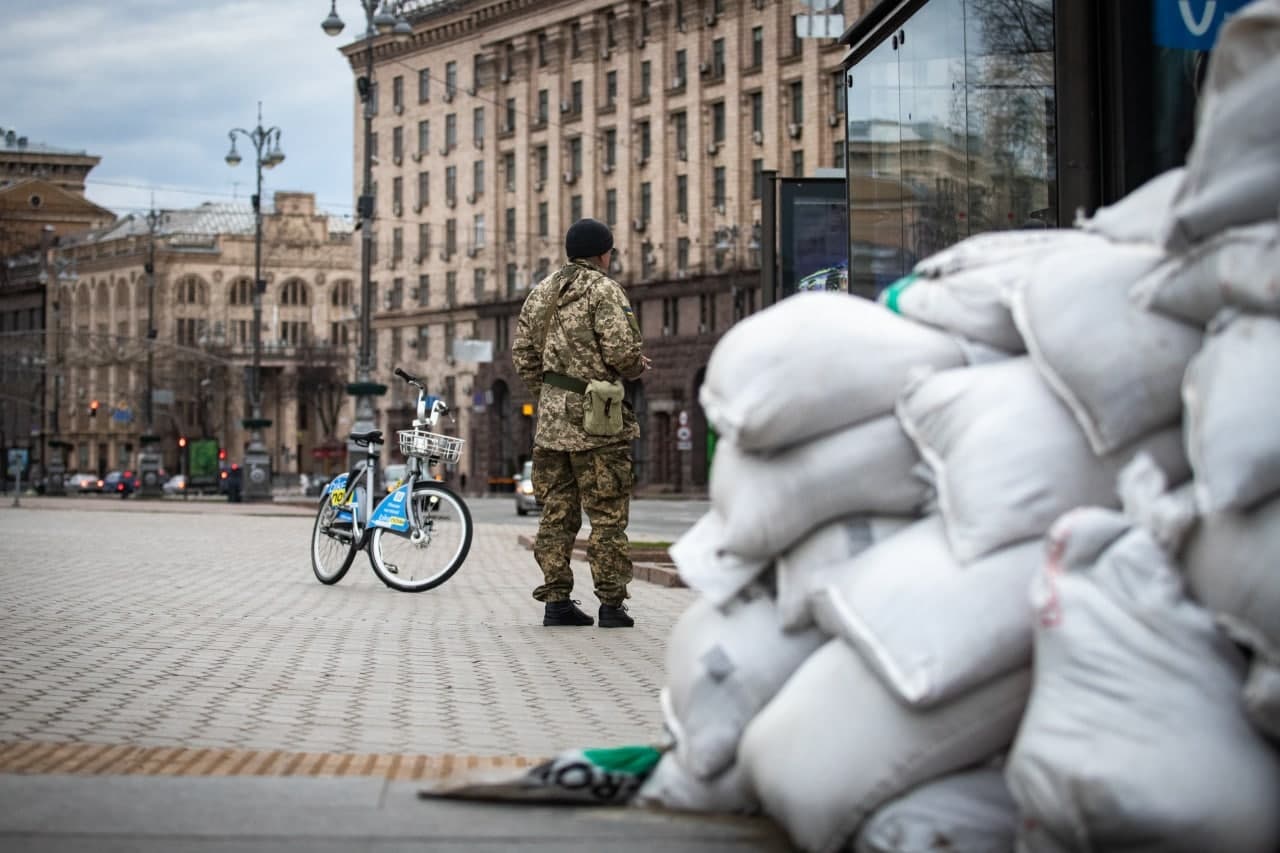
"On February 24 at half-past four, a man in our house called me and said, "Wake up, Dmitriy. It's a war." I was sleepy and didn't understand anything. So, I asked, what do you mean? At this point, I could already hear the explosions outside. This cannonade was going on for an hour, then it got quiet.
At first, I felt lost. What's next? How could it be a war? All of that came out of nowhere. So, I got ready and went to my cafe. Cleaned a bit, mopped the floors, and prepared to open."
Dmitriy took his wife and kids to the subway when he heard the first air-raid alarms. He calls himself a man "pretty much cool as a cucumber," so he didn't go to the ATM or a supermarket, and neither did he run to the town exit. He came back to work instead.
The coffee shop is in the same house as Dmitriy's family apartment. In the evening, they decided to move temporarily to the cafe from their home located on the upper levels of the house. They furnished one of the rooms like a bedroom, and the other got a long table. Dmitriy's neighbors will be gathering for the next forty days at that table.
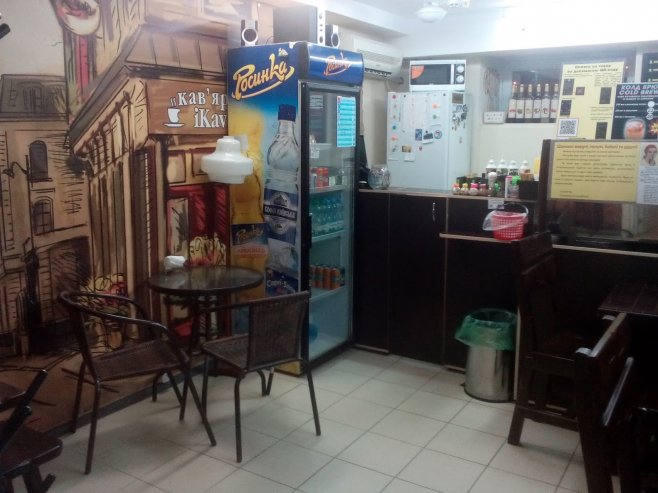
"I was thinking of sending my family away to someplace safe, but we decided not to split up in the end. We stayed together, and we will keep living in Kyiv together. Our cafe is the only one open in the whole neighborhood."
"This cafe became a solace for many people."
A conclusive map online shows all of the businesses that keep working during the war. Some bigger supermarkets are operating, but most small businesses are closed. The map includes vendor kiosks and coffee shops that were numerous in Kyiv until the war started.
Before that, Dmitriy's neighbors – people from his district – visited the cafe. He knew a lot of them by sight. Many left when the war started, though. Dmitriy tells us more than half of the inhabitants of his house left. The cafe still gets a fair share of guests, though – people from the neighboring districts started coming.
"For the first few days, people discussed what to do, whether they should leave or stay. They were extremely stressed out because of these constant air-raid warnings and because they had to hide all the time - in the underground, in the subway, in the bathroom.
This cafe became a solace for many people. They thanked me back then for keeping it open, for them being able to come and rest emotionally. Everyone got strung up. And when they came to our café, we tried to support them, to make them laugh. Here they could take the weight off their shoulders. They'd sit there, eat a cake, talk, and it made it better."
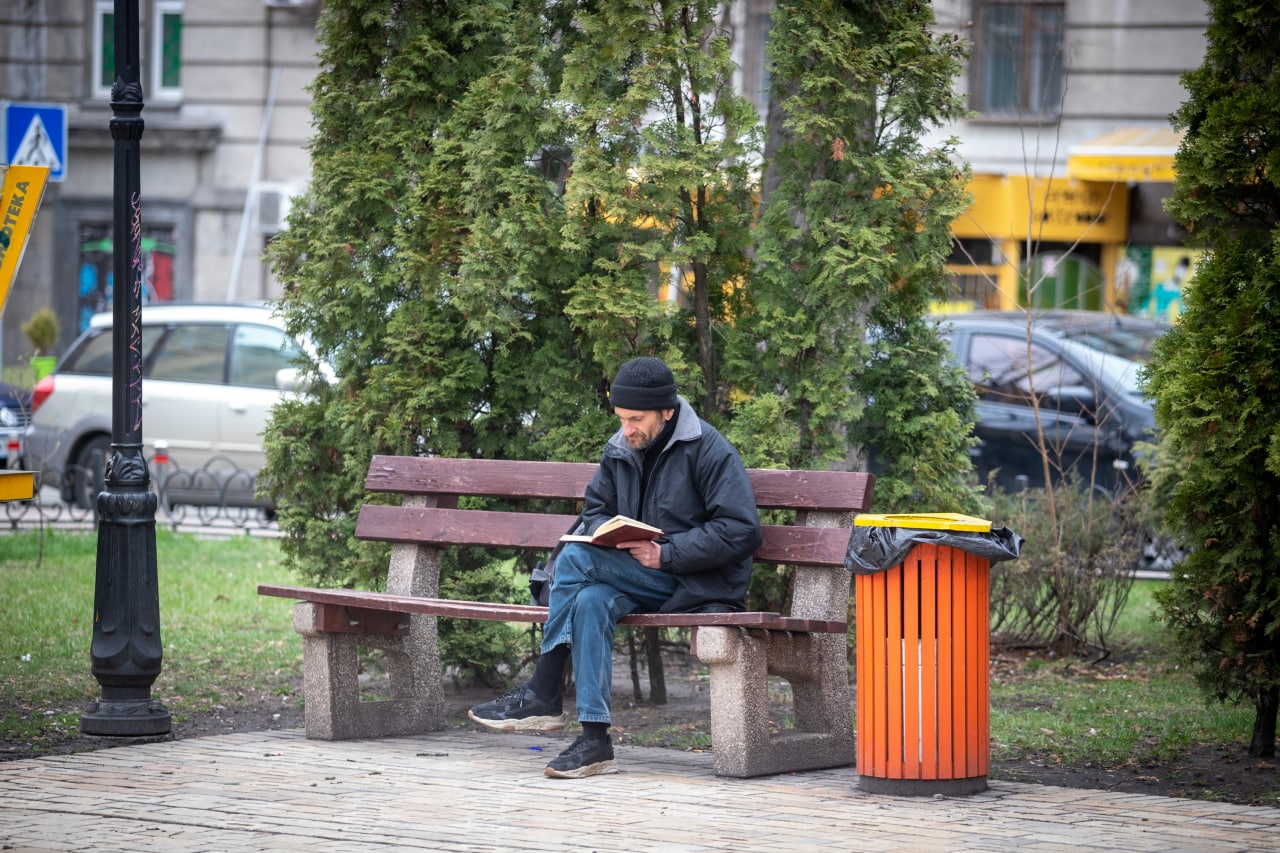
I live and work in the same house. I can open up the cafe early as it takes me no time to get there. Sometimes people come in and say, I'm used to drinking coffee while walking my dog. These days, no one in Kyiv is making coffee at this hour except for you. Thank you.
Dmitriy says he didn't have to change the work processes specifically. Except, perhaps, the logistics had to be rearranged since most of the suppliers of cups and syrups left the city. The working hours also had to be adjusted to fit the restrictions of a curfew.
Milk in cappuccino and for grannies
"Just as the curfew starts, the streets get empty. No dogs, no cats, and no people," says Dmitriy. Then, everything comes back to life in the morning.
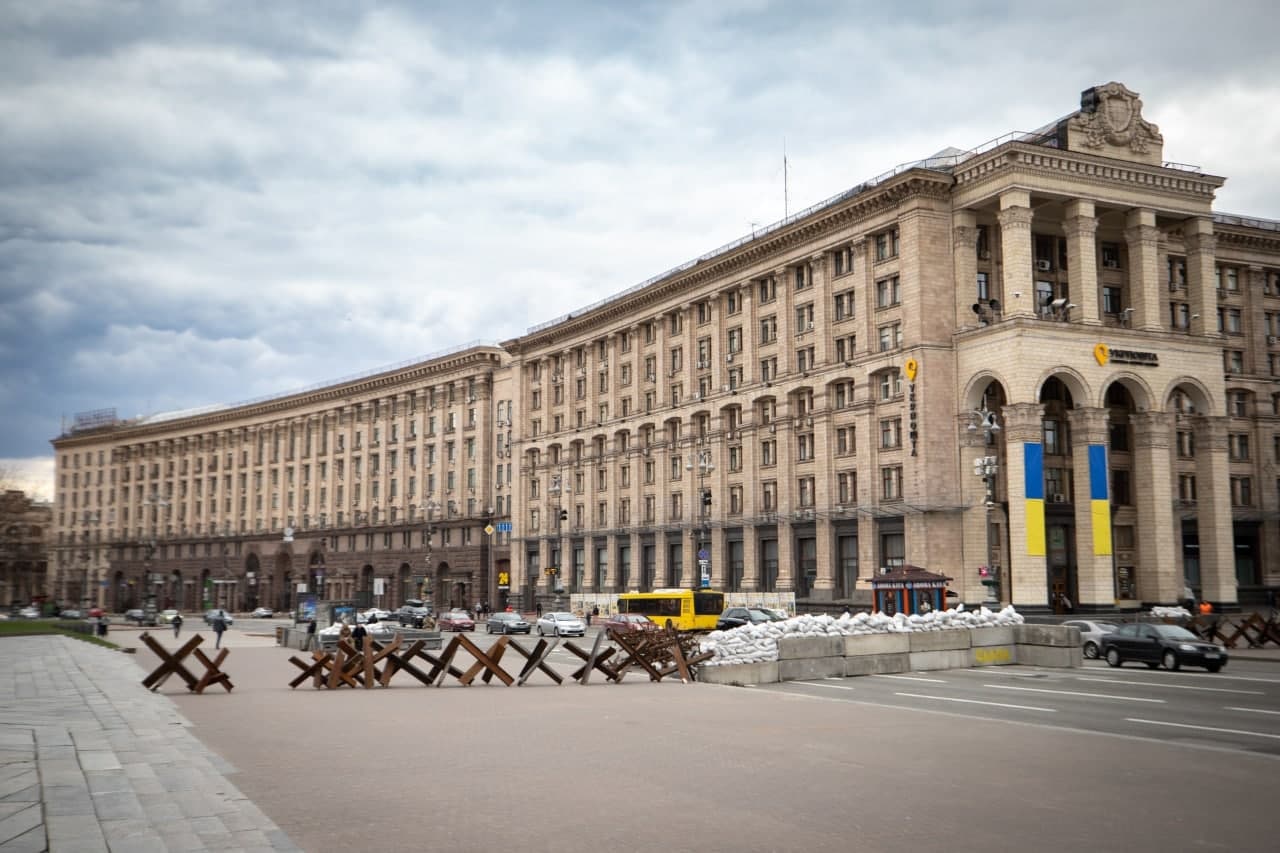
"A lot of people left the city. So, we organized a concierge duty in our house to prevent any possible thefts and looting from happening. Yes, there were such cases: someone stole two wire coils but got on cameras. Police reacted swiftly and caught the thieves to warn off the others."
We saw empty shelves at the Kyiv supermarkets in the first days of the war. Dmitriy assures us the panic ended shortly after that.
"I feel like it took a week of the war for life to get back to normal again. People stopped going on shopping sprees and buying a month-worth of food. Yes, the selection of products got worse. Before, you had a hundred types of cheese. Now, it's two or three. But there's no supply shortage, and nobody is starving."
Something tard to get these first weeks of the war was milk. Dmitriy went to the hypermarket that had reasonable cuts reserves and got milk for bot cafe, and his senior neighbors were buying crates of milk, and our concierge would deliver it to our grannies and gramps who had no one to help them. And they rarely go outside themselves, too – they are scared.
An old lady calls me and asks: Dimochka, are you going to the store? Buy some herring for me, please. Of course, I'm buying the herring and bringing it to her, and I am not taking any money. Grannies who live alone need someone to talk to. So, you enter their apartment with milk and water and disappear for an hour because you're too busy talking to her," Dmitriy tells us.
But however peaceful life might seem right now in Kyiv from the outside, neither mayor Vitali Klitschko nor Kyiv citizen Dmitriy would advise hurrying back to the capital.
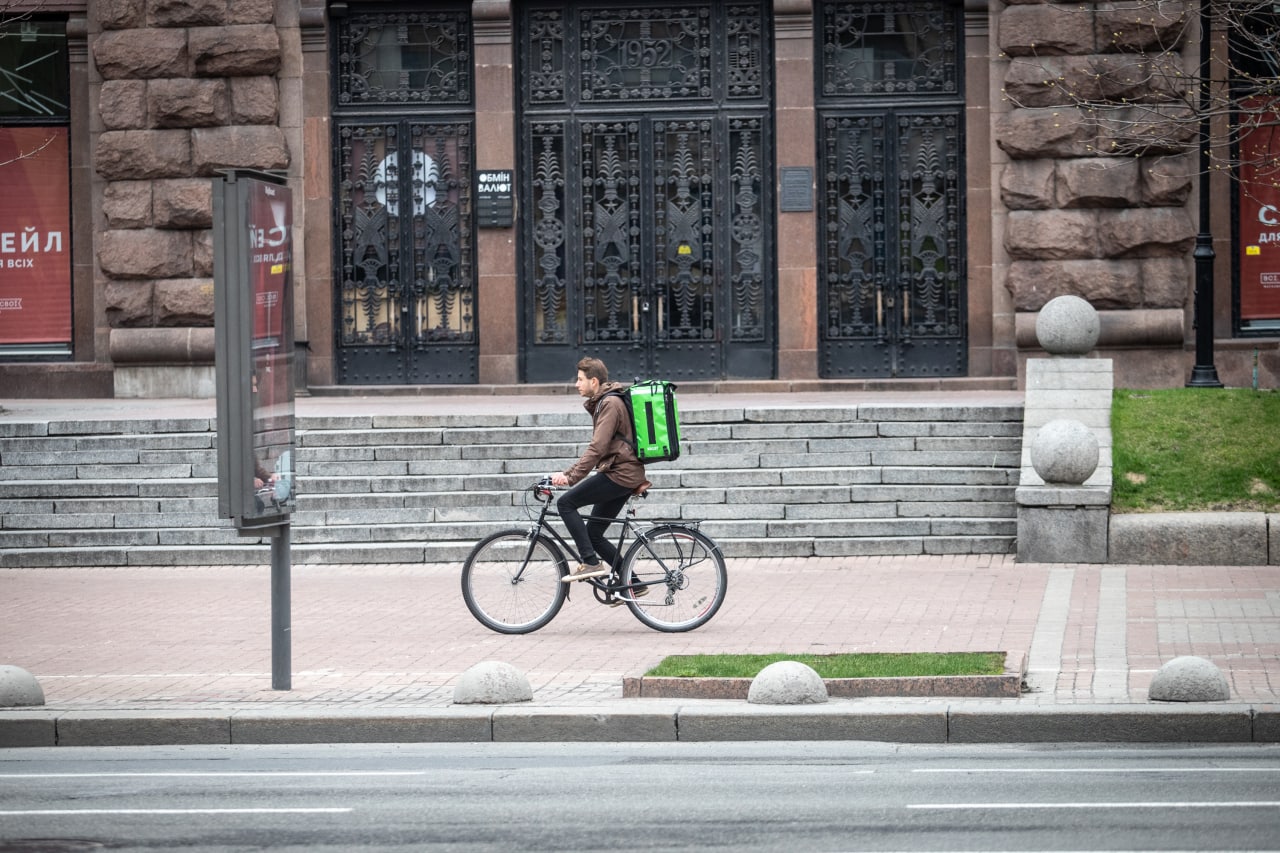
"It was dangerous when Russians were still in the Kyiv region. Everyone understood that anything might come flying in. The districts I went to buy food to were always loud – it was booming all the time. A very oppressive feeling. Now that the Russian army got pushed back, a sense of calm appeared. But I do realize that a missile might hit anywhere at any time. The danger of an airstrike should stop people.
I do understand their desire to come back as quickly as possible, though. The home ground helps to survive all of that in peace, as it can be called peace. So, people started to return to Kyiv. Everyone wants to be home, after all."
"When we finally get to Kyiv, what do we try at your coffee shop?"
"Do you remember this old Soviet waffle cake with condensed milk? We bake our own. It's easy to make, but it tastes fantastic. We've been cooking it this whole time and didn't stop even for the war.
